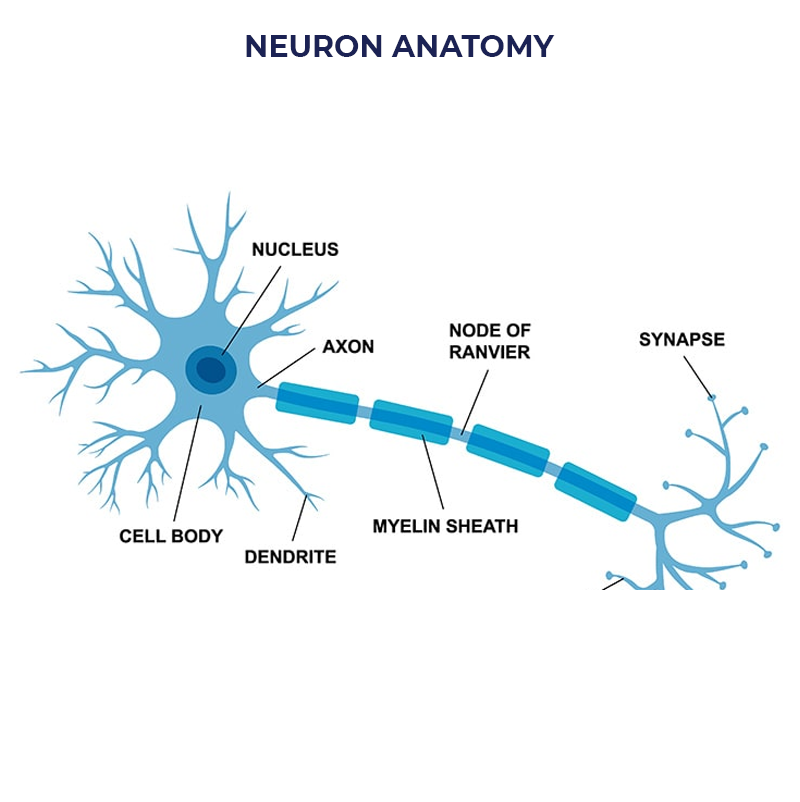Neurology is the branch of medicine that deals with the diagnosis and treatment of disorders of the nervous system. The nervous system is a complex network of cells and tissues that coordinate the body's actions and responses to internal and external stimuli. It is made up of the central nervous system, which includes the brain and spinal cord, and the peripheral nervous system, which comprises all the nerves that extend throughout the body. Neurologists are doctors who specialize in diagnosing and treating conditions that affect the nervous system, including disorders of the brain, spinal cord, nerves, and muscles. These conditions can range from relatively mild conditions like headaches and carpal tunnel syndrome to more serious conditions like stroke and multiple sclerosis.
A neurologist is a specialist who diagnoses and treats diseases of your brain and nervous system. They also treat illnesses such as – neurodevelopmental disorders, central nervous system-related conditions and learning disabilities.


Some common tests performed by neurologists are - cerebral angiogram for aneurysms, arteriovenous malformations, and vasculitis, CT Myelogram, CT Scans, Nerve Conduction Studies, Nerve Conduction Velocity, MRI Scans, Lumbar Puncture, Neurological Examination.
If you have a sudden headache which changes or is different, suffer from loss of feeling or weakness in muscle strength, then this means you may suffer from neurological problems.
Neurodegenerative diseases are very frequent in elderly people. Their prevalence increases from 55-65 years to 90 years and ranges from less than 1% to over 40% in case of dementia, from less than 0.5% to more than 4% for Parkinson's disease and from 1% to 10% for stroke, on average.
Early signs of neurological problems are – persistent onset of a headache, loss of feeling, loss of vision, lack of coordination, impaired mental ability, memory loss.
The most common neurological disorders are - Epilepsy, Alzheimer's, Autism, Dementia, Multiple sclerosis, Parkinson's disease
You can make certain lifestyle changes to either prevent or lessen the impact of neurological disorders. Physiotherapy and pain management can help to manage the symptoms and restore some function.
Visit and consult a Neurologist if you are suffering from nerve problems!